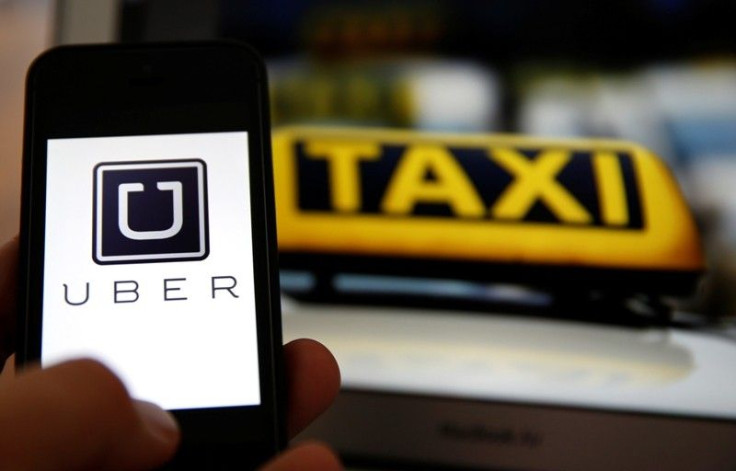ACT ready to make Uber rides legal in Canberra

The ACT government will be the first Australian authority to allow Uber ridesharing services to operate legally in Canberra from Oct. 30.
UberX rides have faced a solid crackdown since entering the market in other Australian states and territories, where drivers have dealt with penalties like fines and even having their registrations suspended. Earlier in September, ACT taxi drivers conducted a three-hour strike to protest against the operation of Uber in Australia, claiming that if no amendments were made to legislation, UberX would enjoy an unfair advantage over traditional taxi services.
However the changes introduced on Wednesday will not only make Uber rides legal, but also seek to reduce the costs for the existing taxi industry to ensure it remains competitive. License fees for traditional taxis would be reduced from AU$2,000 to up to AU$500 until 2016.
The new law will prevent drivers without registrations to take rides in Australia, meaning all “on demand” drivers must be registered and accredited, as well as pay the reasonable fees to undergo police verification and vehicle safety checks. The legislation also specifies that only taxi drivers will be allowed to take up passengers when they are called upon on the roadside or at cab ranks.
The law advocates the replacement of the traditional taxi network in Canberra with a new Transport Booking Service that will cover Aerial (the company in-charge of Canberra cabs), GoCatch and Uber. The new ACT rules are expected to help the taxi industry work comfortably with its counterparts, although all drivers need to meet standard requirements, including ensuring car inspections, driver medicals and time-to-time driver assessments are carried out. Third-party and property insurance are also compulsory.
“These reforms champion innovation and help taxi and hire car services remain sustainable and important modes of travel in the territory, ” ACT Chief Minister Andrew Barr was quoted by News.com.au as saying on Wednesday.“This will increase productivity and income streams for drivers while providing a consistent and high-quality on-demand transport service for Canberrans.”
Contact the writer at feedback@ibtimes.com.au, or let us know what you think below.




















